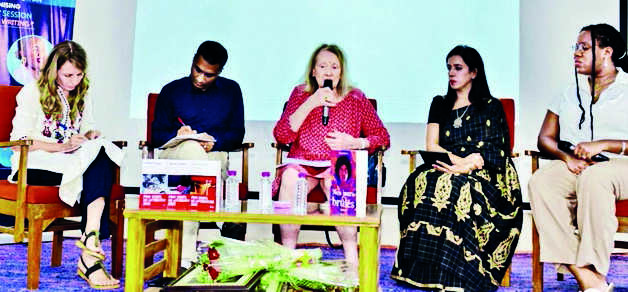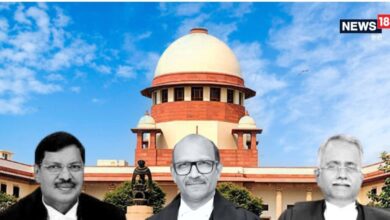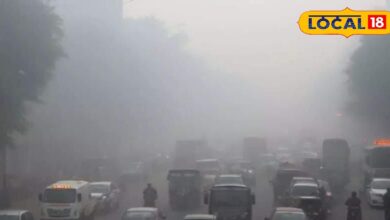Rajasthan
Ernaux: No Real Liberation For Women If Men Are Not Aware: Nobel Laureate Ernaux | Jaipur News
Jaipur: French author and winner of the 2022 Nobel Prize in Literature, Annie Ernaux, says literature is the best way to liberate oneself of strong and unpleasant feelings of violence and shame.
Addressing a session titled ‘Women in Writing’ at University of Rajasthan on Tuesday, Ernaux said, “If men do not become aware of their body, their way of life, their way of behaving and what motivates them, no real liberation for women will happen”.
When she was asked whether literature gives her the strength and power to overcome violence or shame, Ernaux said, “Literature is the best way to liberate oneself of such strong feelings. It is important that such issues related to women be addressed and taken seriously. What could be a better way than literature to talk about problems that are not just her problems but universal?”
Afro-feminist author Laura Nsafou was also part of the session organised by the university’s Department of European languages, Literature and Culture Studies, the embassy of France in India, and Alliance Française of Jaipur.
At the session, some of the issues discussed included whether women writers are overburdened by the fear of stigma cast upon them, and whether they are weighed down by taboos when it comes to writing their own minds.
Ernaux’s first novel ‘Les Armoires Vides’ (Empty Cabinets), published in 1974, recounts the story of a young university student who just had an abortion. The story speaks volumes about episodes of violence and shame.
Nsafou shared her insights on gender and racial issues as a black woman writing in French. She said people tend to dismiss children’s worries, particularly about racism in school, but it is very important to have conversations around this issue. Children’s literature is the best way to address such serious issues, she added.
Addressing a session titled ‘Women in Writing’ at University of Rajasthan on Tuesday, Ernaux said, “If men do not become aware of their body, their way of life, their way of behaving and what motivates them, no real liberation for women will happen”.
When she was asked whether literature gives her the strength and power to overcome violence or shame, Ernaux said, “Literature is the best way to liberate oneself of such strong feelings. It is important that such issues related to women be addressed and taken seriously. What could be a better way than literature to talk about problems that are not just her problems but universal?”
Afro-feminist author Laura Nsafou was also part of the session organised by the university’s Department of European languages, Literature and Culture Studies, the embassy of France in India, and Alliance Française of Jaipur.
At the session, some of the issues discussed included whether women writers are overburdened by the fear of stigma cast upon them, and whether they are weighed down by taboos when it comes to writing their own minds.
Ernaux’s first novel ‘Les Armoires Vides’ (Empty Cabinets), published in 1974, recounts the story of a young university student who just had an abortion. The story speaks volumes about episodes of violence and shame.
Nsafou shared her insights on gender and racial issues as a black woman writing in French. She said people tend to dismiss children’s worries, particularly about racism in school, but it is very important to have conversations around this issue. Children’s literature is the best way to address such serious issues, she added.





